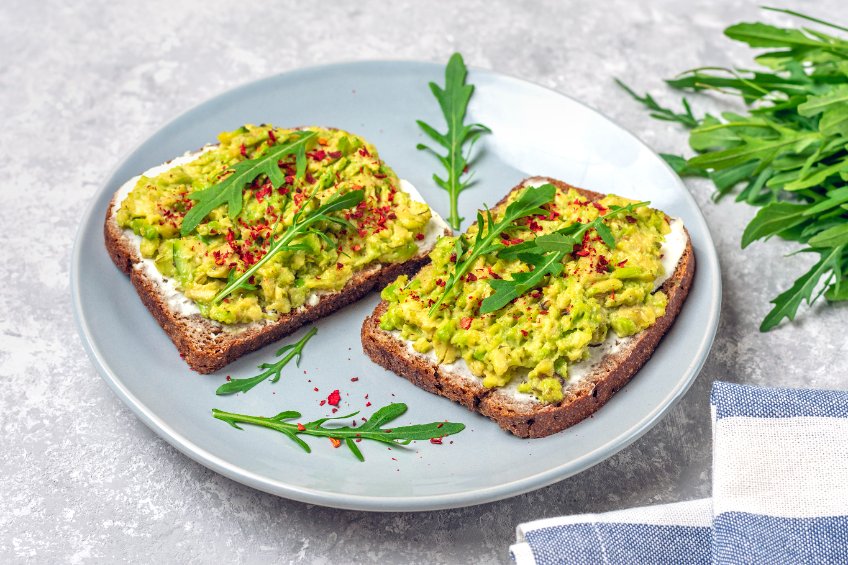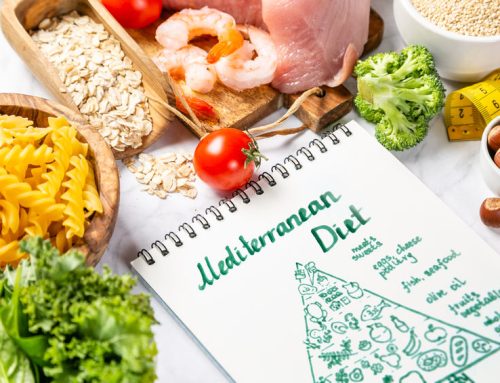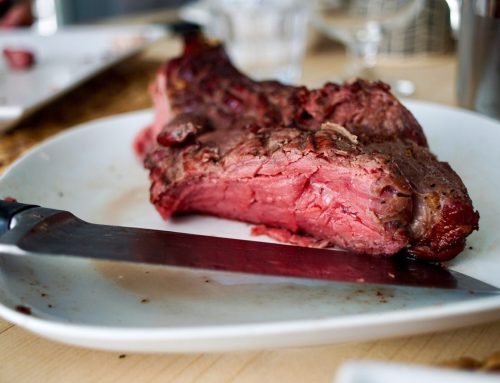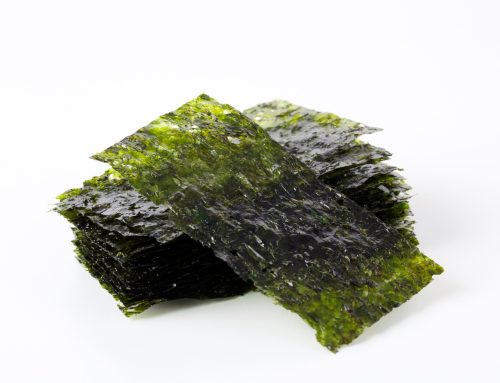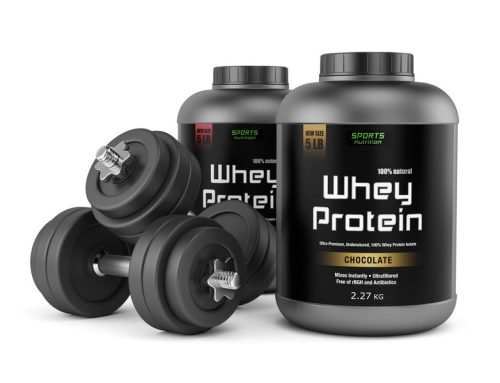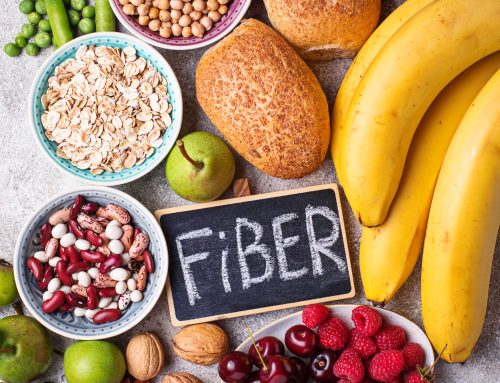What should I eat after a workout? There’s a lot of conflicting information on the Internet on this topic. After surfing the net, you may come away quite confused about what you should eat after a workout.
Knowing what to eat after your workout can play a pivotal role in helping your body refuel, rehydrate and recover from exercise, as well as help your muscles rebuild.
“You don’t need to eat a ton after your workout, but it’s a mistake to avoid eating,” says Leslie Bonci, a registered dietitian nutritionist and owner of Active Eating Advice in Pittsburgh. “You want to think about fueling up while you’re cooling down—that’s the purpose of a post-exercise snack.”
Why It’s Important to Eat After a Workout
For starters, you need to replenish the carbohydrates and glycogen (the glucose stored in your muscles) you just depleted during your workout, says Tara Collingwood, a registered dietitian nutritionist and sports dietitian in Orlando, Florida.
You’ll want to consume high-quality protein afterward as well to build and repair muscle tissue that was broken down during your workout and stimulate muscle protein synthesis, which is essential for muscle recovery and adaptation to exercise. During exercise—strength training, in particular—your muscles experience micro-tears. Eating protein can help rebuild and repair those damaged muscle fibers.
It’s also important to replace the fluids lost from sweating and breathing hard, as well as consume foods that are rich in antioxidants to protect your cells from exercise-induced damage, Collingwood adds.
What Should I Eat After a Workout?
The cornerstone of post-workout nutrition is a careful combination of protein, carbohydrates and fluids. The basic recommendation is to consume 10 to 20 grams of protein after a workout, depending on your body weight, says Bonci. And depending on the type of exercise you completed, adjust your ratio of carbohydrates to protein, she adds.
• For instance, after a strength-training workout, aim for a 2-to-1 ratio of carbs to protein (meaning 20 to 40 grams of carbs and 10 to 20 grams of protein). If you completed an endurance (aerobic) workout like jogging, the ratio shifts to 3-to-1 (with 30 to 60 grams of carbs and 10 to 20 grams of protein), says Bonci.
• “Recreational exercisers who train two to three times a week for 30 to 45 minutes can easily recover by having their usual balanced meal that contains carbs (to refuel) and protein (to build and repair muscle), such as oatmeal and eggs, yogurt and granola, a sandwich and milk, or chicken and rice,” says Nina Kolbe, a registered dietitian and Forbes Health Advisory Board member.
• Meanwhile, those who spend 60 to 70 minutes working out at a higher intensity might benefit from a 200-calorie snack consisting of carbs and protein. And more serious athletes (think someone who trains for up to 4 hours a day) should refuel rapidly, aiming for a much higher-calorie, carbohydrate- and protein-based snack, says Kolbe.
Some good choices for a post-workout snacks include:
Chocolate milk.
“Chocolate milk has everything you need after a workout—carbs, protein, fluids and electrolytes,” says Collingwood. In fact, consuming milk after exercise enhances muscle protein synthesis and rehydration, replenishes glycogen stores and eases post-exercise muscle soreness, according to a review of scientific research in a 2019 issue of the European Journal of Sport Science.
Eggs and whole-grain toast.
Whether they’re hardboiled, scrambled, poached or in a vegetable omelet, eggs are a stellar source of protein (with an average of nearly 11 grams of protein for a large one). Meanwhile, toast provides high-quality carbs.
A smoothie (made with whey protein powder, coconut water, fruit and vegetables).
The fruit and veggies contain antioxidants that protect cells from exercise-induced damage, and the protein helps with muscle repair, says Collingwood. Whey protein, in particular, significantly reduces post-exercise blood levels for biomarkers of muscle damage due to strength training, according to a 2020 study in Nutrients.
Dried fruit and nuts with a serving of tart cherry juice.
The fruit and nuts provide carbs, protein and healthy fats, and the cherry juice may help with post-exercise muscle soreness, says Bonci. In fact, research has found that consuming Montmorency cherry juice, which contains phytochemicals with antioxidant and anti-inflammatory properties, improves the recovery of muscular strength after intensive strength-training exercise.
Yogurt, berries and a sprinkling of granola.
The combination of yogurt, which is high in protein, and berries, which contain carbs and antioxidants, replenishes your muscles’ glycogen stores and assists with muscle recovery, says Collingwood. The granola adds crunch and flavor.
What to Avoid Eating After a Workout
Rule No. 1: “Avoid pure protein right after the workout, because your body will just use it as energy again,” says Collingwood.
Also, steer clear of foods that are mostly sugar (cookies, candy and the like) or mostly fat like a handful of nuts (without yogurt or fruit to balance the fat) or fried foods.
These choices won’t help replenish your muscles the way you need, and the high fat or sugar content could disagree with your gut. The right balance of carbs, protein and fluids really is essential for post-workout recovery, says Bonci.
Click here to read more about what should I eat after a workout?


